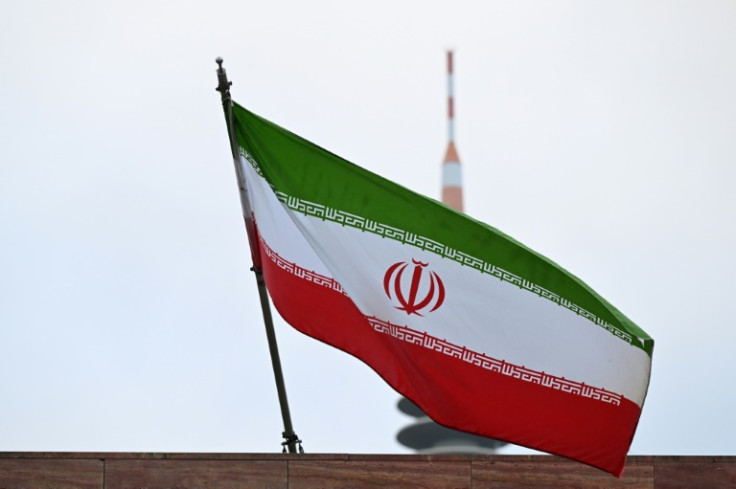Iran Launches Over 100 Drones In Retaliation For Israeli Strikes On Nuclear Program

The Israeli government has declared a state of emergency following a large-scale Iranian drone attack, launched in retaliation for preemptive Israeli airstrikes on Tehran's nuclear facilities and military infrastructure.
According to IDF spokesperson Brigadier General Effi Defrin and a report by the New York Post, Iran launched over 100 drones toward Israeli territory early Friday morning. The assault came hours after Israeli forces initiated Operation Rising Lion, targeting over 100 sites across Iran, including military bases, nuclear facilities, and oil refineries. Anonymous Israeli officials told the New York Post that approximately 200 fighter jets were involved in the operation, deploying 330 munitions.
In a video address following the strikes, Israeli Prime Minister Benjamin Netanyahu confirmed that Iran's nuclear facilities were among the targets. "We have hit the heart of the Iranian uranium enrichment program," he stated, according to CNBC. Netanyahu emphasized the existential stakes of the conflict:
"Because if we don't act now, there will not be another generation. If we don't act now, we simply won't be here. We have internalized the lessons of history. When an enemy says he intends to destroy you – believe him. When the enemy develops the capabilities to destroy you – stop him," he said, according to the New York Post.
In a subsequent address shared on YouTube, Netanyahu added, "We carried out a very successful first attack, and with God's help we will achieve much more."
according to CNBC. Iranian officials had earlier vowed swift retaliation and warned that any further provocation would be met with immediate force.
As the drones approached Israeli airspace, the IDF activated its full range of defense systems. Brigadier General Defrin confirmed that all systems were operating to neutralize the threat. "Difficult hours lie ahead," he warned, as Israeli forces prepared for mass interceptions. An IDF official added that drones were being intercepted before entering Israeli territory, according to the New York Post.
Reports suggested that the first wave of drones was expected to enter the airspace of the occupied territories within 30 minutes, potentially reaching Israeli targets within one to two hours if not intercepted, Breitbart News reported.
The drone threat also triggered rocket sirens in northern Jordan, and Israeli airspace was temporarily closed to all takeoffs and landings, according to CNBC. Israeli Defense Minister Yoav Gallant stated that Iran's counterattack could escalate further, according to Sylhet Mirror.
On the international front, U.S. Secretary of State Marco Rubio issued a warning to Tehran: "Let me be clear: Iran should not attack U.S. facilities or U.S. personnel," he said, per CNBC. The U.S. government has stated that it was not involved in the Israeli operations. President Donald Trump was scheduled to meet with the National Security Council later that day, with hopes of bringing parties back to the negotiating table.
Iran, however, accused the United States of complicity. Its Foreign Ministry declared that the Israeli airstrikes could not have occurred without American coordination, warning that Washington would be held accountable for the consequences.
Iran's Supreme Leader Ayatollah Ali Khamenei condemned the Israeli offensive, stating, "Through this attack, Israel has paved the way for its own tragic fate, the consequences of which it will inevitably face," according to the New York Post.
The hostilities mark the most severe escalation in Iranian-Israeli tensions since the Iran-Iraq war of the 1980s. In both April and October 2024, Iran fired hundreds of ballistic missiles at Israel—nearly all of which were intercepted by Israeli defenses. As of now, the payload and potential damage of the drones launched on Friday remain unclear, according to Breitbart News.
© Copyright IBTimes 2025. All rights reserved.





















